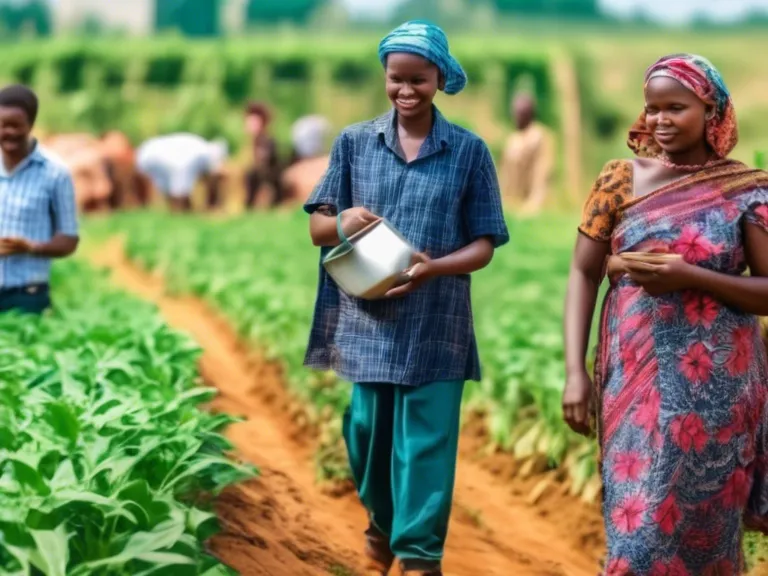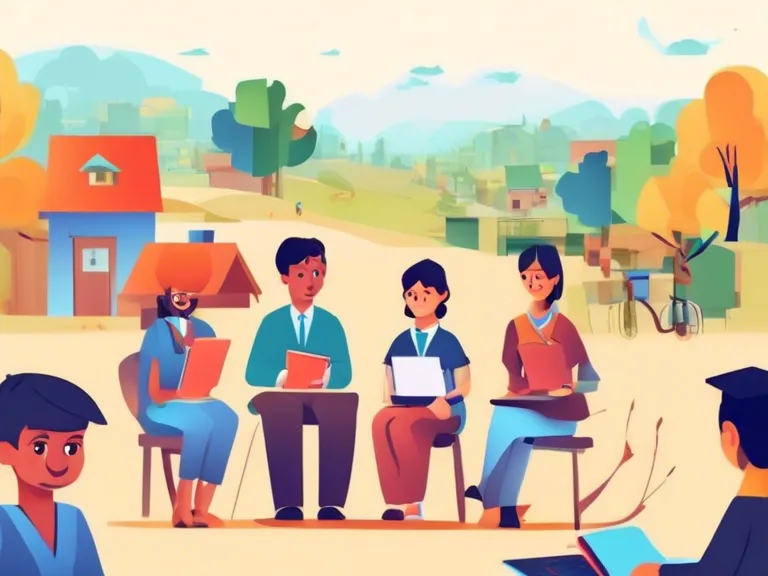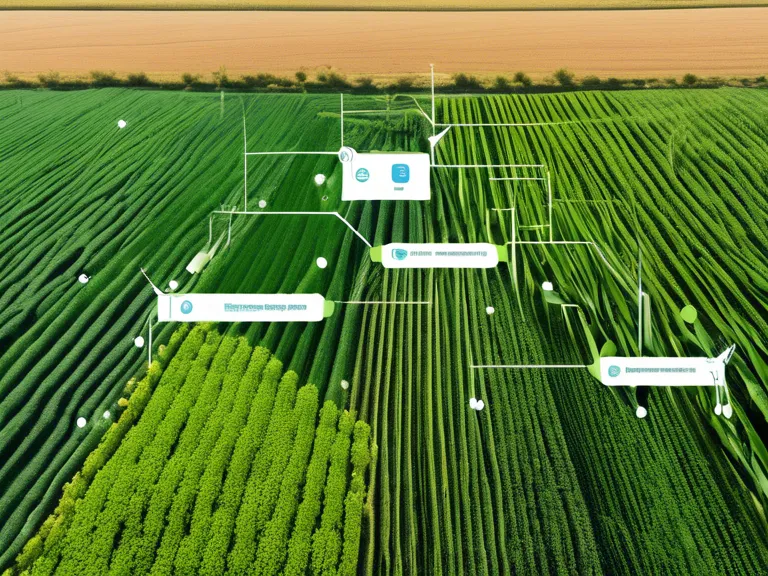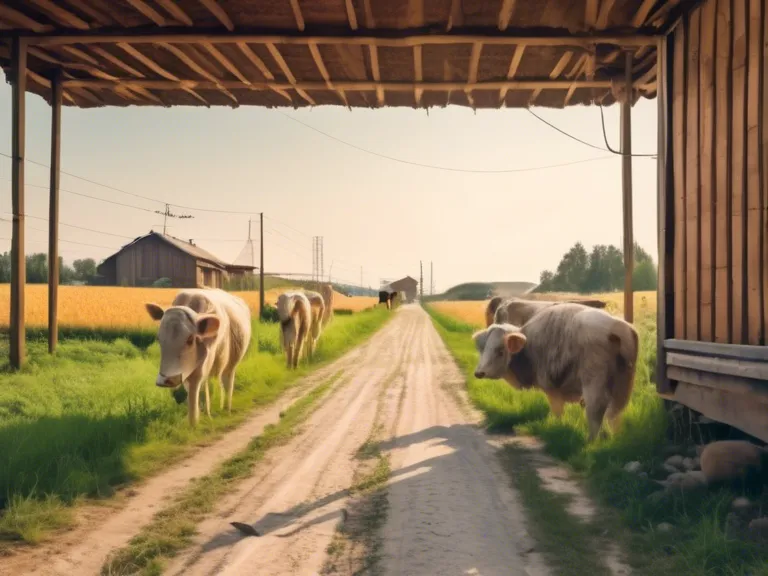
With the advancement of AI technology, village agriculture is being transformed with AI-powered solutions that are revolutionizing farming methods, increasing productivity, and improving sustainability. From precision agriculture to crop monitoring, these AI-powered tools are providing farmers with the valuable data they need to make informed decisions and optimize their farming practices.
One key area where AI is making a significant impact is in precision agriculture. By using drones, sensors, and AI algorithms, farmers can monitor their fields in real-time, analyze soil conditions, detect pest threats, and optimize crop yield. This not only helps farmers save time and resources but also reduces the environmental impact of farming by minimizing the use of chemicals and water.
Another important application of AI in village agriculture is crop monitoring. AI-powered tools can analyze satellite imagery to provide farmers with detailed insights into crop health, growth patterns, and potential yield. By leveraging this data, farmers can make better decisions about irrigation, fertilization, and pest control, leading to improved crop quality and higher yields.
AI is also enabling predictive analytics in agriculture, allowing farmers to anticipate and mitigate potential risks such as weather events, disease outbreaks, and market fluctuations. By analyzing historical data and using machine learning algorithms, farmers can make proactive decisions to protect their crops and maximize their profits.
Furthermore, AI-powered solutions are empowering farmers with access to valuable information and resources, bridging the gap between urban and rural areas. With the help of AI chatbots, mobile apps, and online platforms, farmers can access market prices, weather forecasts, expert advice, and training materials, helping them improve their farming practices and connect with global markets.
In conclusion, AI-powered solutions are revolutionizing village agriculture by providing farmers with the tools and insights they need to optimize their farming practices, increase productivity, and ensure food security. As AI technology continues to evolve, we can expect to see even greater advancements in the agricultural sector, transforming the way farming is done in villages around the world.



